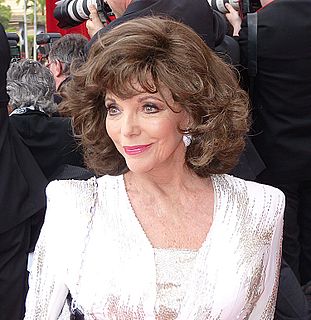A Quote by Cormac McCarthy
Suttree surfaced from these fevered deeps to hear a maudlin voice chant latin by his bedside, what medieval ghost come to usurp his fallen corporeality. An oiled thumball redolent of lime and sage pondered his shuttered lids.Miserere mei, Deus ...His ears anointed, his lips ... omnis maligna discordia ... Bechrismed with scented oils he lay boneless in a cold euphoria. Japheth when you left your father's house the birds had flown. You were not prepared for such weathers. You'd spoke too lightly of the winter in your father's heart. We saw you in the streets. Sad.
Related Quotes
I became simply a pair of eyes, staring through my mask at Char. I needed no ears because I was too far off to hear his voice, no words because I was too distant for speech, and no thoughts - those I saved for later. He bent his head. I loved the hairs on the nape of his neck. He moved his lips. I admired their changing shape. He clasped his hand. I blessed his fingers. Once, the power of my gaze drew his eyes.
When Christ was about to leave the world, He made His will. His soul He committed to His father; His body He bequeathed to Joseph to be decently interred; His clothes fell to the soldiers; His mother He left to the care of John; but what should He leave to His poor disciples that had left all for Him? Silver and gold He had none; but He left them that which was infinitely better, His peace.
The day of my departure at length arrived. Clerval spent the last evening with us. He had endeavoured to persuade his father to permit him to accompany me and to become my fellow student, but in vain. His father was a narrow-minded trader, and saw idleness and ruin in the aspirations and ambition of his son. Henry deeply felt the misfortune of being debarred from a liberal education. He said little, but when he spoke I read in his kindling eye and in his animated glance a restrained but firm resolve not to be chained to the miserable details of commerce.
Were I to go down into the market-place, armed with the powers of witchcraft, and take a peasant by the shoulders and whisper to him, 'In your lifetime, have you known peace?' wait for his answer, shake his shoulders and transform him into his father, and ask him the same question, and transform him in his turn to his father, I would never hear the word 'Yes,' if I carried my questioning of the dead back for a thousand years. I would always hear, 'No, there was fear, there were our enemies without, our rulers within, there was prison, there was torture, there was violent death.




































